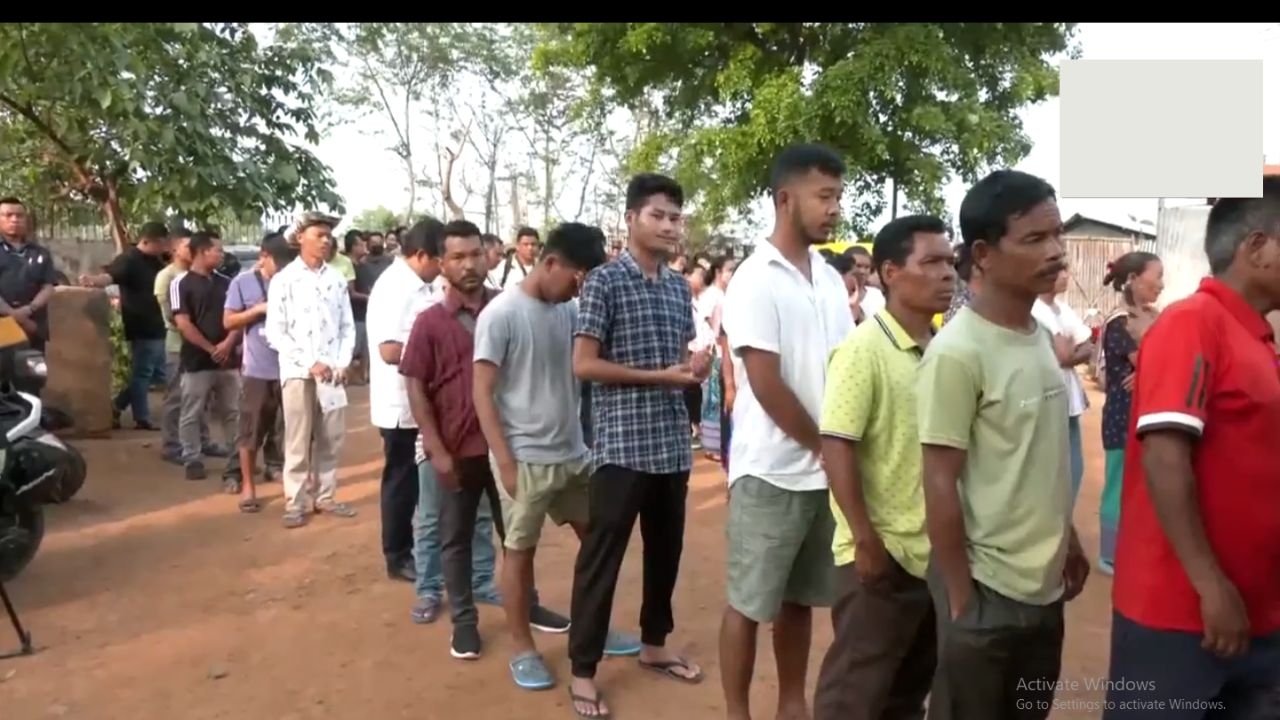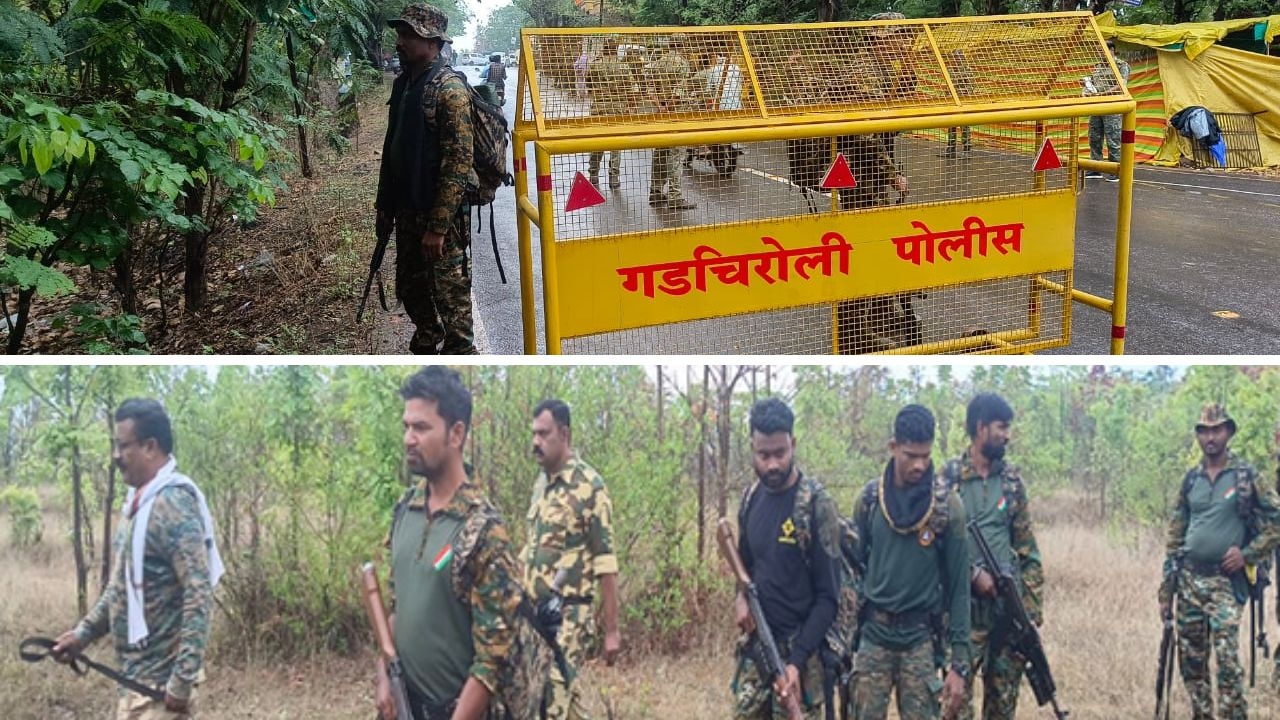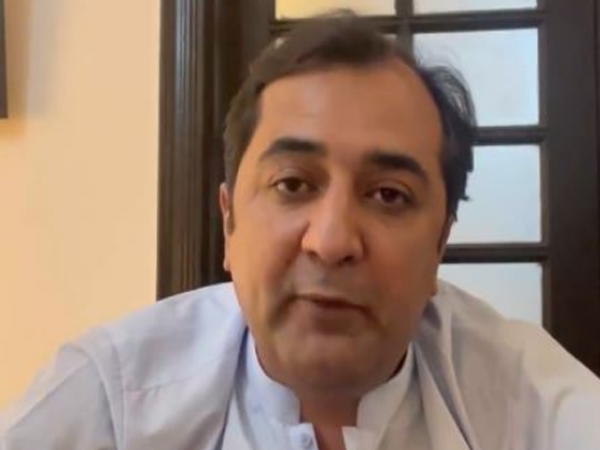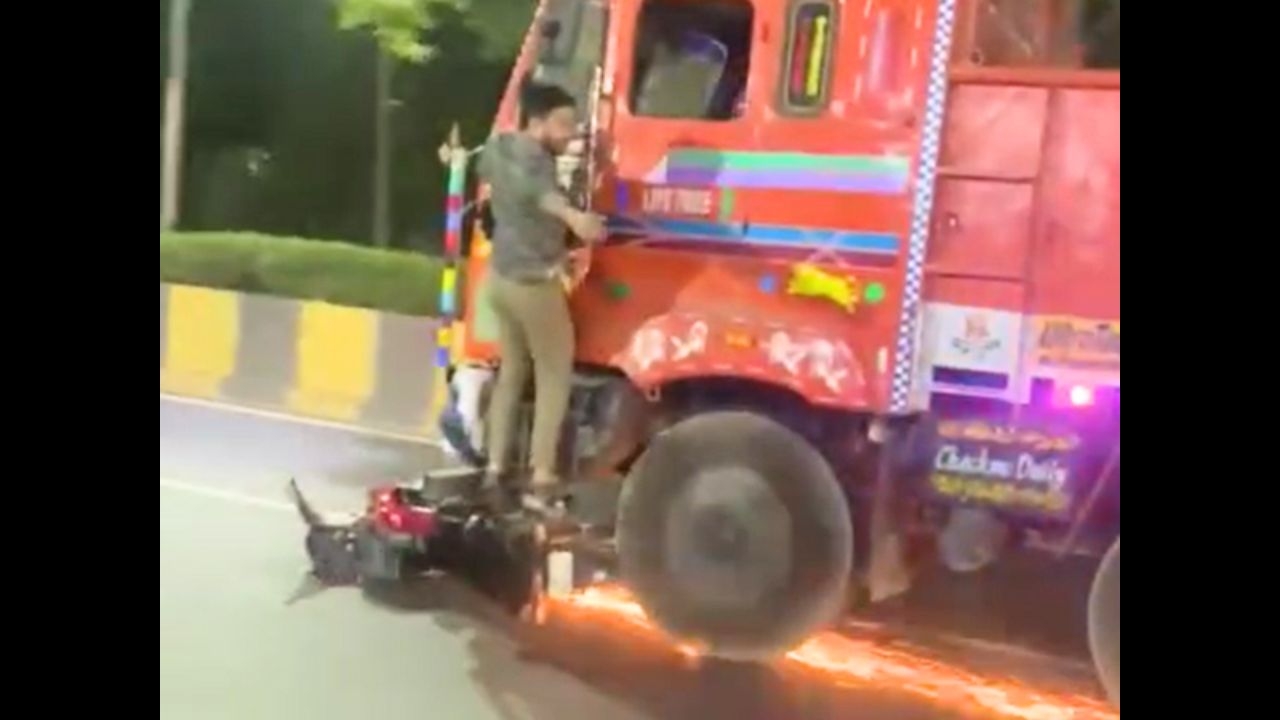Not standalone: Uttarakhand teen's arrest for 'offensive' Modi photo underscores a wider problem
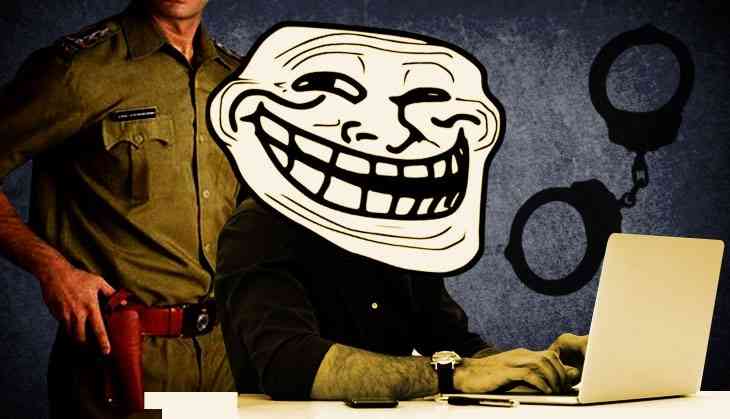
It is not everyday that the police of one state travel two hundred and fifty odd kilometres, into another state, to bring an offender to the book. So when the Haryana Police undertook such a journey you would have expected them to be giving chase to some dreaded criminal.
In reality, however, they were in pursuit of a humble tailor, Mohammad Shaqib. His crime: sharing an "offensive and morphed" photograph of Prime Minister Narendra Modi via WhatsApp.
WhatsApp messages are end-to-end encrypted. To get a hold of the image and the sender, the police must have been shown the image by the complainant -- in this case a Haryana resident -- and then done some fieldwork.
“The exact chain of events is not too clear, but I am guessing this involved the police asking people who sent them the message until they found the person they wanted to arrest,” says Alok Prasanna, Senior Resident Fellow and head of the Bengaluru office of Vidhi Centre for Legal Policy.
The cops started from Tohana in Haryana's Fatehabad district and picked up 19-year-old Shaqib from Aadulla village in Uttarakhand's Vikasnagar, near Deharadun, according to a Times of India report. Clearly, they were pretty serious about the complaint.
“The Information Technology Act leaves much scope for abuse by authorities,” says Vikram Hegde, an advocate at the Supreme Court of India. “The arrest is technically correct, but unconscionable. Even if the meme was something terrible, an arrest seems too much.”
Such instances of the police being hyeractive regarding complaints related to social media messages is becoming increasingly common.
Earlier this month, Meerut-based journalist Afghan Soni was arrested and charged with defamation and "computer-related offenses" for posting a derogatory video of Narendra Modi. Soni had, in the video, asked the rally about ‘achhe din’ and got his responses from a herd of goats.
“Enough research has shown that the police in India is extremely prejudiced against Muslims, Dalits, and women so it's probably no surprise that they chose to act in this manner in this case,” Prasanna adds.
Section 66A arrests
Social media-related arrests are not new, according to Prasanna. “I don't know if this is an increasing trend to be quite honest. Data about such arrests is scarce but yes, it is getting reported a lot more thanks to the spread of mass media,” he says.
Two Mumbai girls were arrested over a Facebook post when they questioned the shutdown of India's financial capital during Shiv Sena patriarch Bal Thackeray's funeral. Shaheen Dhada was arrested for her comments on the social networking site. Her friend, Renu, was arrested merely for ‘liking’ the post.
Ambikesh Mahapatra, a professor of chemistry at Jadavpur University, was arrested for forwarding a cartoon ridiculing West Bengal Chief Minister Mamata Banerjee.
A businessman was arrested in Puducherry for allegedly posting ‘offensive’ messages on microblogging site Twitter. The complainant had said on three occasions Ravi posted "offensive" messages against Karti Chidambaram, the son of former Union finance minister P Chidambaram.
Those arrests were made back in 2012 under the draconian Section 66A of the IT Act in the. In 2015, the controversial UPA-era section was scrapped by the apex court. Still, freedom of expression continues to be muzzled.
Even this month Nayeem -- a youth from Shahjahanpur in Uttar Pradesh -- was put jailed after a heated discussion with his friends on WhatsApp over India's loss to Pakistan in the Champions Trophy final. "The Indian team deliberately lost that match as it was already fixed. The Indian team had taken money to lose this match,” he had said.
Like Nayeem, thousands have been arrested under Sec 66A even after it has been scrapped.
Freedom of Expression
Freedom of speech has always been a thorny issue in India. “This trend is clearly violative of the freedom of speech and expression,” Hedge says. “Criticism of government is necessary for a functioning democracy. The fear of penal consequences has a chilling effect on free speech and erodes the very basis of a democratic country”.
Prasanna says that freedom of speech is a liberty granted only to the rich and influential. “The police in India are totally arbitrary about who they arrest and for what. The point is, even if their actions are totally illegal and unlawful, there are no consequences unless the person in question is very influential, rich and tenacious.
“So the short answer is: it depends on who is complaining, about what and against whom. As a member of a ruling party, you can pretty much get away with anything you post but if you post something even mildly disagreeable about someone in power, the police will come down hard on you.”
Regaining Freedom of Speech
The problem comes in two forms. First, the wording of the IT Act. Sec 66A may have been struck down but Section 67 (Punishment for publishing or transmitting obscene material in electronic form) is still a problem area as it “does not make a distinction between "private" and public message,” Hegde says.
Second, it is the police bowing down to the government and not wanting to follow the laws of the country. “When it comes to issues like this, it is somewhat meaningless to talk about laws because the police don't believe in following them in the first place,” according to Prasanna. “This is partly because they continue to be a colonial force intent more on controlling the population for the government rather than maintain law and order, and even when they don't follow the law, nothing really happens to them,” he says
Prasanna reiterates this, saying that the celebration of Sec 66A came a little too swiftly and that there are deeper-rooted problems in our society. “The real problem was with the police and their absolutely unaccountable and arbitrary behaviour and FOE in India will remain restricted to the elites unless this changes,” Prasanna says. “The police system set up by the British has been neatly co-opted by the privileged classes in India to ensure no one questions their rule, which includes stomping out any dissenting voices.”
A morphed image in a piece of satire or a caricature of a politician isn’t illegal or a criminal act and can’t be grounds for arrest. Rumours also aren’t an offense per se. Unless any of these incite violence, an arrest seems farfetched.
These arrests send a chilling message to those who just want to have a little bit of fun: Everyone would think twice before saying something even if it is in a ‘private’ message to a friend of theirs. This will just cause conversations and debates to be subdued and not a free-flowing one.
As for what should be done to prevent such cases from cropping up in the future, it striking down more laws that go against what any democratic norm should be and also make the police force accountable to the citizens of the country and not the government that governs.
“I think the laws relating to criminal defamation and blasphemy (under the Indian Penal Code) need to be struck down, but like with Sec 66A of the IT Act, it will not have any impact on arrests such as these unless there is root and branch of reform of the police forces in India,” Prasanna adds. “This will require putting the police outside the direct control of the state government, but making them accountable to citizens, courts and the government equally.”
First published: 23 November 2017, 17:38 IST

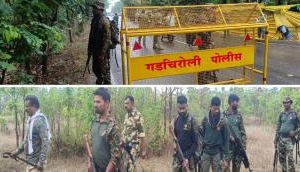
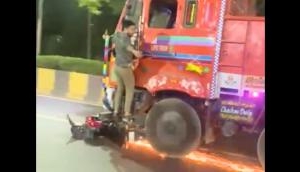
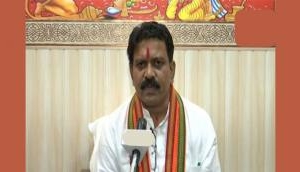

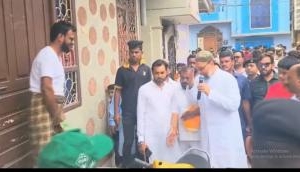
![BJP's Kapil Mishra recreates Shankar Mahadevan’s ‘Breathless’ song to highlight Delhi pollution [WATCH] BJP's Kapil Mishra recreates Shankar Mahadevan’s ‘Breathless’ song to highlight Delhi pollution [WATCH]](http://images.catchnews.com/upload/2022/11/03/kapil-mishra_240884_300x172.png)

![Anupam Kher shares pictures of his toned body on 67th birthday [MUST SEE] Anupam Kher shares pictures of his toned body on 67th birthday [MUST SEE]](http://images.catchnews.com/upload/2022/03/07/Anupam_kher_231145_300x172.jpg)


